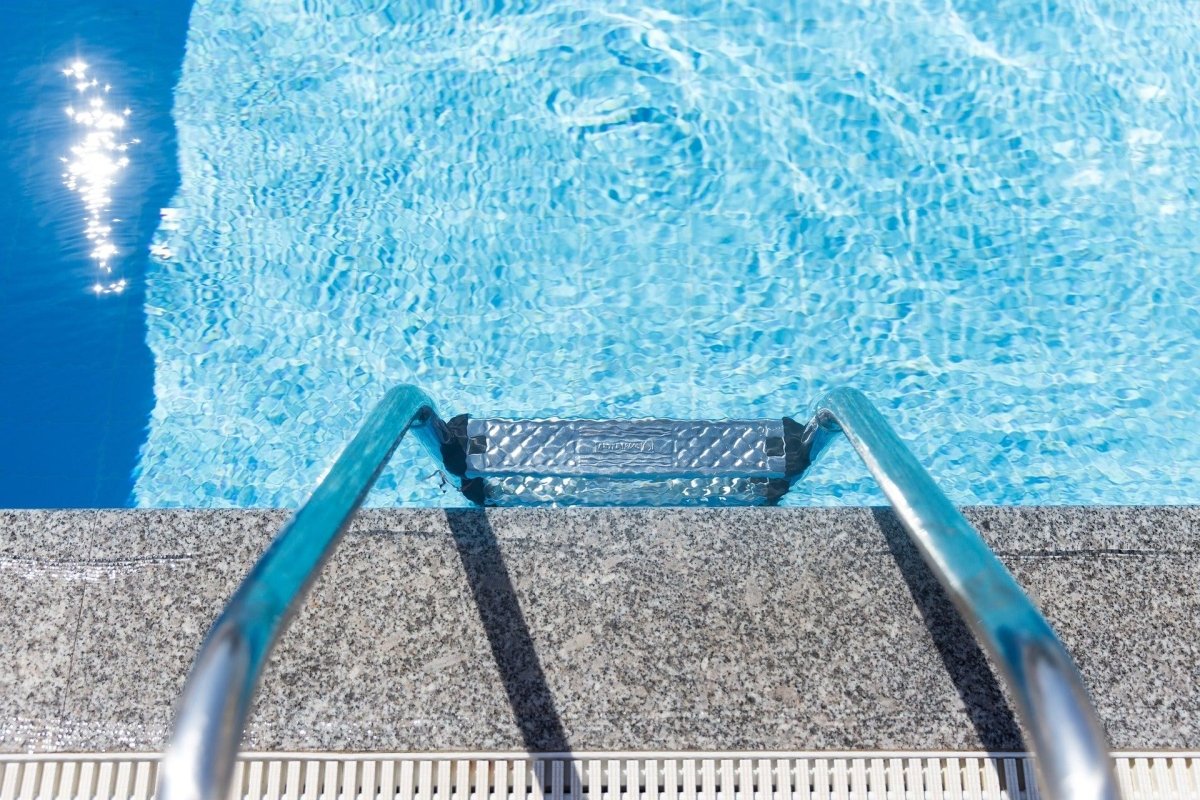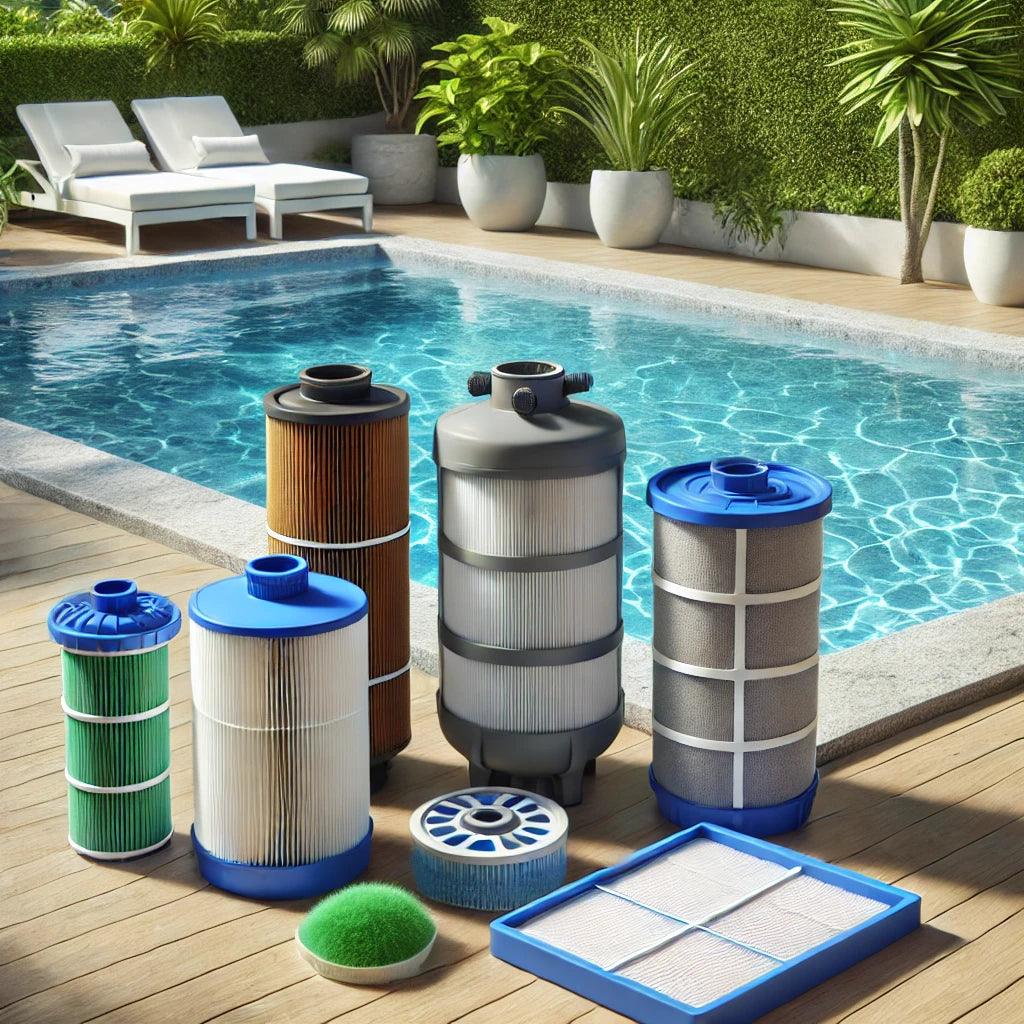Owning a pool is a dream come true, a personal oasis where you can relax, exercise, and entertain. But maintaining a pristine pool requires more than just splashing around. One of the most crucial aspects of pool care is chlorine, the chemical superhero that keeps your water sparkling clean and safe.
Let's explore the five primary types of chlorine used to balance pool chemistry:
1. Liquid Chlorine (Sodium Hypochlorite)
The Classic: Liquid chlorine, often referred to as bleach, is a popular choice for its affordability and effectiveness. It's a fast-acting sanitizer that quickly kills bacteria and algae.
Pros: Easy to apply, readily available, and cost-effective.
Cons: Can be harsh on pool surfaces and can raise pH levels, requiring frequent adjustments.
2. Chlorine Tablets (Trichloroisocyanuric Acid or Dichlor)
The Steady Hand: Chlorine tablets, available in various strengths, offer a slow-release method of sanitization. They're ideal for maintaining consistent chlorine levels.
Pros: Convenient, long-lasting, and less prone to pH fluctuations.
Cons: Can be less effective in high-chlorine demand situations, and trichlor can raise cyanuric acid (CYA) levels, which can reduce chlorine's effectiveness.
3. Calcium Hypochlorite (Cal-Hypo)
The Powerful Shock: Cal-Hypo is a granular chlorine that packs a punch. It's often used for shocking the pool, a process that rapidly oxidizes contaminants and kills bacteria.
Pros: Strong oxidizing power, effective against algae, and can help raise calcium hardness levels in soft water pools.
Cons: Can raise pH levels, and excessive use can lead to calcium scaling on pool surfaces.
4. Dichlor (Dichloro-s-triazinetrione)
The Balanced Act: Dichlor is a stabilized chlorine that offers a good balance of sanitizing power and CYA stabilization. It's a popular choice for maintaining chlorine levels and preventing algae growth.
Pros: Less prone to pH fluctuations, slower dissolution rate for consistent sanitization.
Cons: Can be more expensive than liquid chlorine or Cal-Hypo, and excessive use can lead to high CYA levels.
5. Trichlor (Trichloroisocyanuric Acid)
The Ultimate Stabilizer: Trichlor is a highly stabilized chlorine that releases chlorine slowly over time. It's excellent for maintaining chlorine levels in outdoor pools exposed to sunlight.
Pros: Strong sanitizing power, long-lasting, and helps prevent chlorine loss from sunlight.
Cons: Can significantly raise CYA levels, which can reduce chlorine's effectiveness.
Choosing the Right Chlorine for Your Maxi-Pool
The best chlorine for your pool depends on various factors, including:
Pool size and shape: Larger pools may require more chlorine to maintain adequate levels.
Water chemistry: Factors like pH, alkalinity, and calcium hardness can influence chlorine effectiveness.
Climatic conditions: Outdoor pools in hot, sunny climates may require more chlorine to compensate for chlorine loss from sunlight and evaporation.
Bather load: Heavy pool use can increase chlorine demand.
Personal preference: Some pool owners prefer the convenience of chlorine tablets, while others prefer the fast-acting power of liquid chlorine.
A Word of Caution
Always follow the manufacturer's instructions when using pool chemicals. Wear protective gear, such as gloves and goggles, to avoid skin and eye irritation. Store chemicals in a cool, dry place, away from children and pets.
By understanding the different types of chlorine and their properties, you can make informed decisions to keep your Maxi-pool sparkling clean and safe for everyone to enjoy.



Leave a comment
This site is protected by hCaptcha and the hCaptcha Privacy Policy and Terms of Service apply.